FHI Studio believes the best projects result from creative and integrated planning and design. Integrating and collaborating across our four Studio Practices (Design, Mobility, Planning, and Engagement) is fundamental to a successful project. With every greenway or trail project, it is essential to expand the visualization of the space and consider its aesthetic and functional value. At FHI Studio, we view greenway and trail projects as linear parks. Trails positively impact individuals and improve communities by providing recreation and transportation opportunities while influencing the economy, promoting equity, and fostering continued community development.
A successful greenway and trail project includes the following five elements:
Engaging the community and people who live, work, and spend time in the area is vital. An informed design is the most successful. A key component of this process is ensuring a solid focus to put people at the forefront. At FHI Studio, we pride ourselves on delivering meaningful, inclusive, and valuable engagement for all greenway and trail projects.
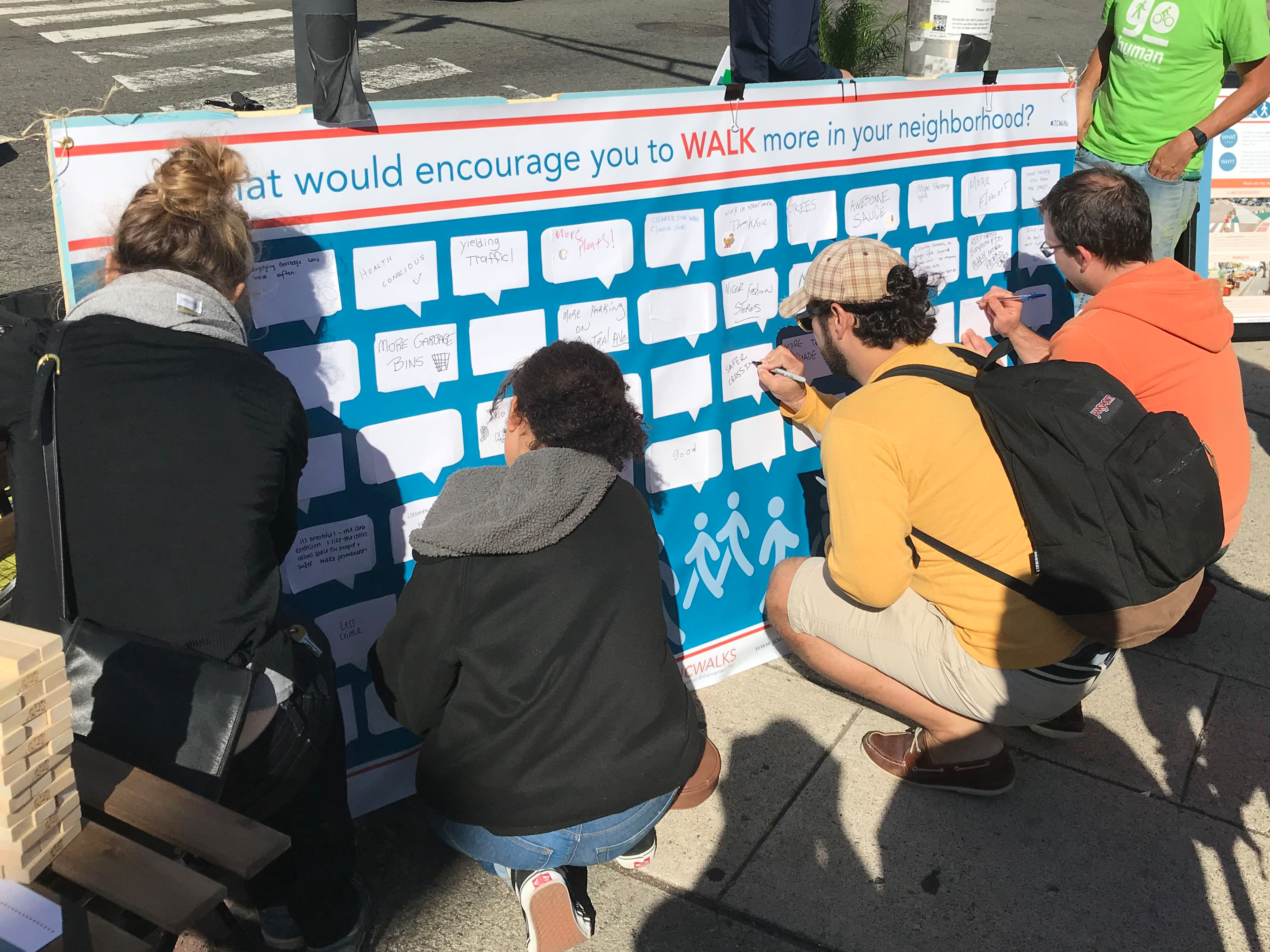
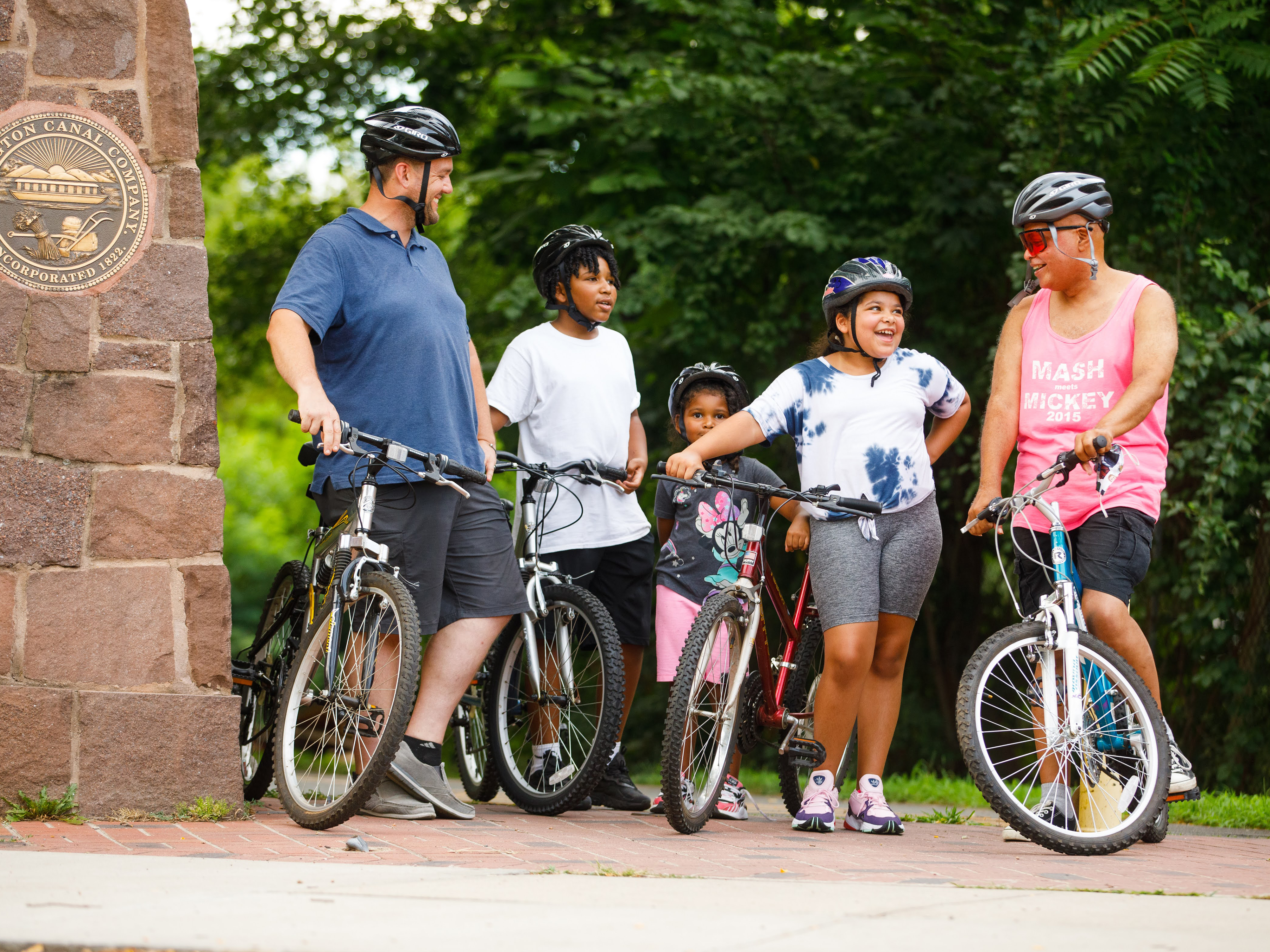
Greenways and trails provide people of every age, ability, and socioeconomic background with safe and inexpensive spaces for outdoor physical activity, commuting, recreation opportunities, and access to nature. At FHI Studio, we strive to incorporate the fundamental principles of equity and inclusion in our greenway and trail designs.
Greenways and trails protect critical habitats and provide corridors for people and wildlife. Key to every greenway and trail is identifying and evaluating the natural resources along the design route. Understanding and protecting the natural systems and biodiversity is critical for our future. These include vegetation, wetlands, watercourses, and habitat. Our scientists and planners integrate natural and cultural resources into the trail planning process to inform alternative development and design concepts. At FHI Studio, we seek to advance projects while enhancing the social, cultural, and natural environment.
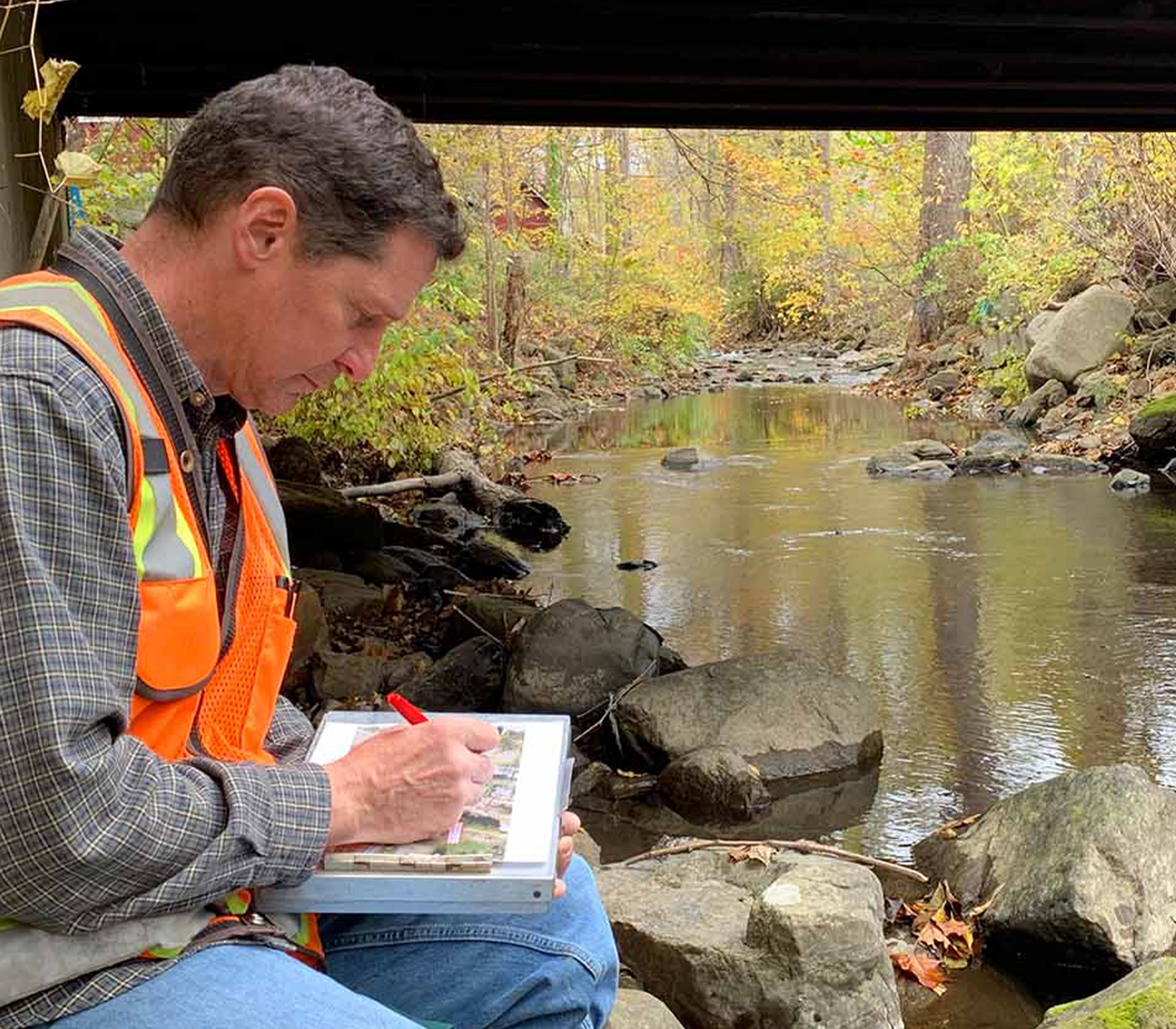
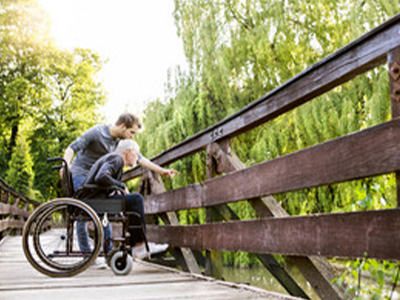
Greenways and trails provide people of every age, ability, and socioeconomic background with safe and inexpensive spaces for outdoor physical activity, commuting, recreation opportunities, and access to nature. At FHI Studio, we strive to incorporate the fundamental principles of equity and inclusion in our greenway and trail designs.
Safety is central to all maintenance operations. It is the single most crucial trail maintenance concern. It is critical to consider scheduling and documentation of inspections as well as the trail's condition, including railings, bridges, trail surfaces, signage, and vegetation. Other considerations are proper coordination with other agencies associated with trail maintenance. Understanding these key issues with safety and maintenance is critical to any successful design. At FHI Studio, we work extensively with the community and the maintenance staff to understand their needs and capabilities and integrate them into the overall design process.
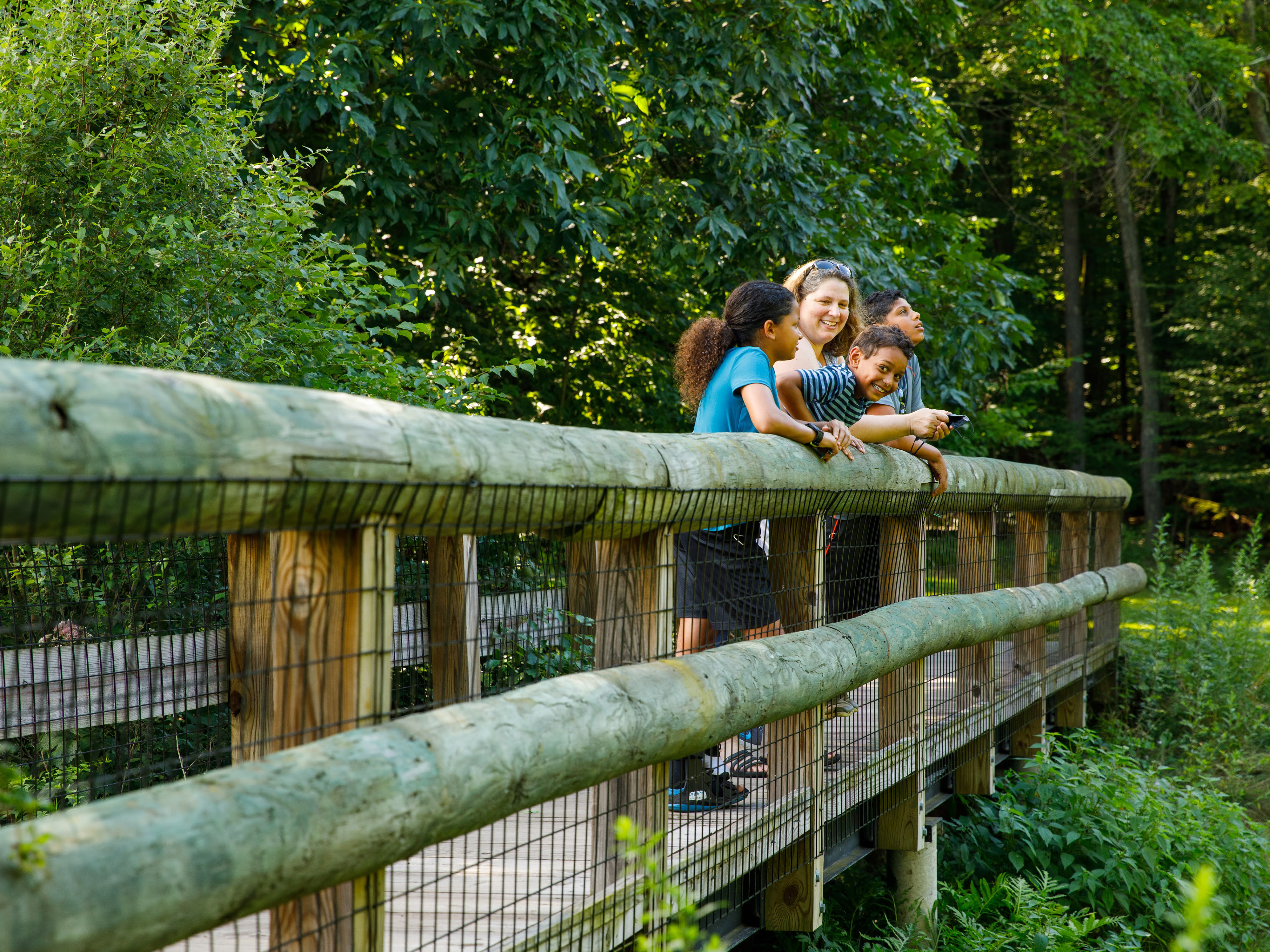
Throughout his 25-year-plus career, Joe McDonnell has demonstrated extensive knowledge and passion for planning and designing successful greenway and trail projects. Connect with Joe to find out how FHI Studio and our Landscape Architecture Team can help your community create greenway and trail projects that are inclusive, equitable, and enhance the social, cultural, and natural environment around them.
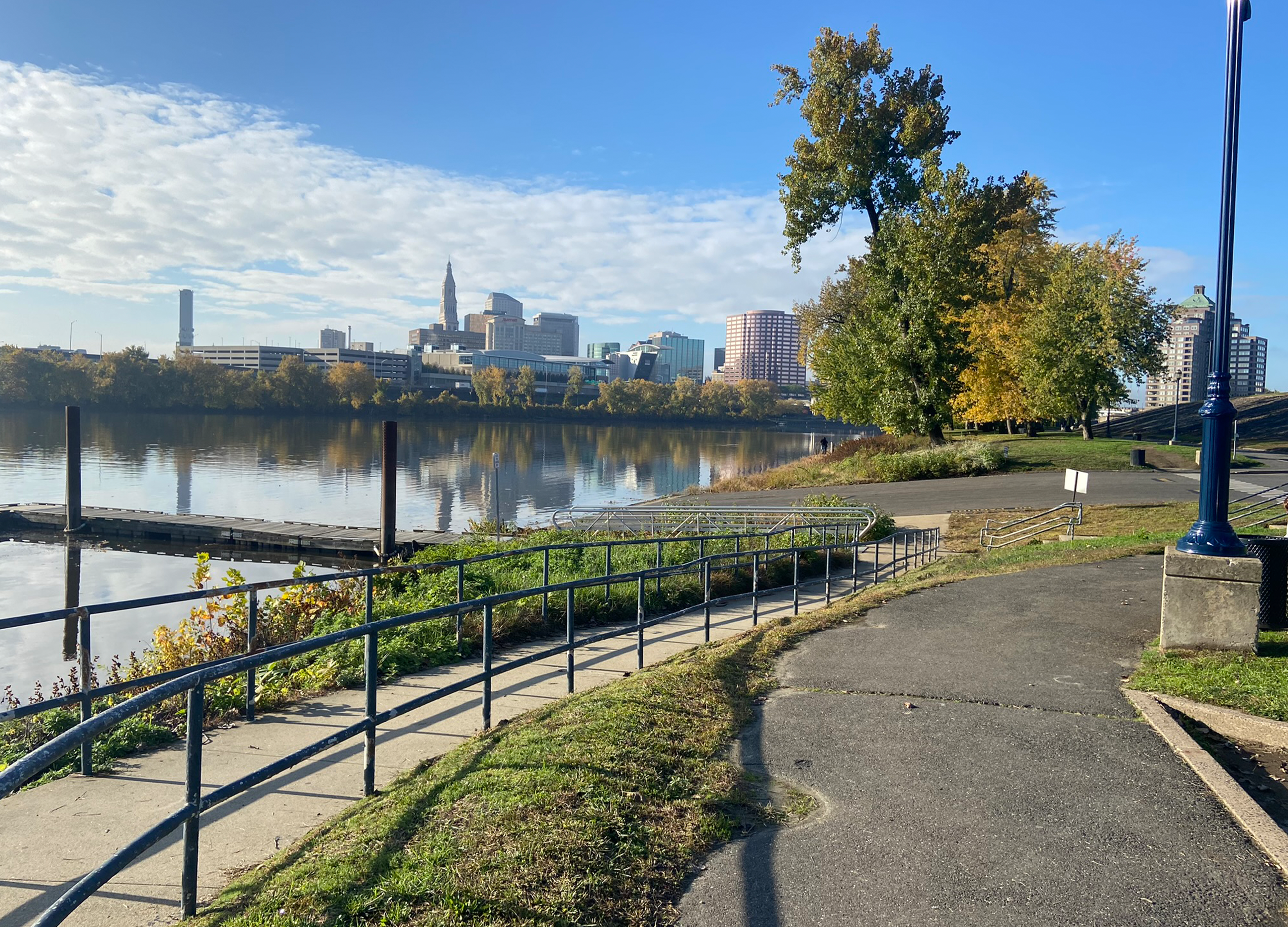
FHI Studio is leading this trail routing study to determine the final East Coast Greenway (ECG) alignment for a 13-mile gap in Simsbury, Bloomfield, Hartford, and East Hartford, CT. This project represents the final gap in the ECG in an otherwise completed 120-mile extent between New Haven, CT and Putnam, CT. The project area is also a significant gap for the 3,000-mile ECG between Florida and Maine. Project tasks include extensive involvement, including key involvement from multiple agencies and members of the public, concept screening utilizing existing conditions data and projected economic benefit analysis of various alignments, public-friendly graphics such as photomorphs and 3-D models representing potential trail alternatives, and an implementation plan to guide the phased development of this 13-mile trail gap for the years to come.
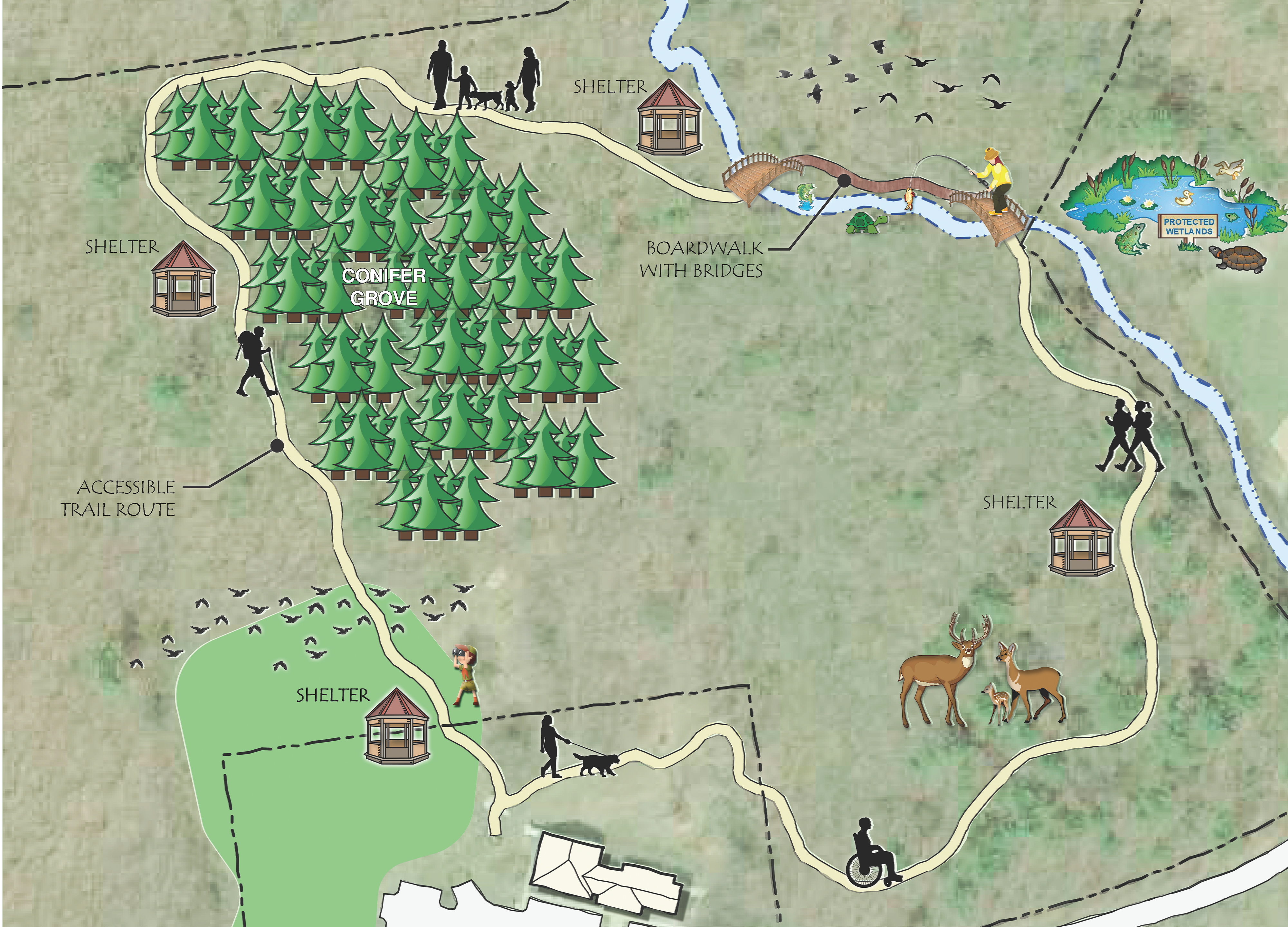
Constructed in 1972, the Harry C. Barnes Memorial Nature Center is a 68-acre nature center in a picturesque setting on Shrub Road in Bristol. The center offers year-round access to marked hiking trails, and visitors can also enjoy an interpretive center, nature library, animal exhibits, educational programs, and a gift shop. This community asset offers people of all ages the ability to learn about the importance of the natural world. FHI Studio’s landscape architects are working with Environmental Learning Centers of Connecticut, Inc. to establish a universally accessible nature trail on the Harry C. Barnes Memorial Nature Center property. The trail will include boardwalks, overlooks, shelters, and areas for nature study and fitness when complete.
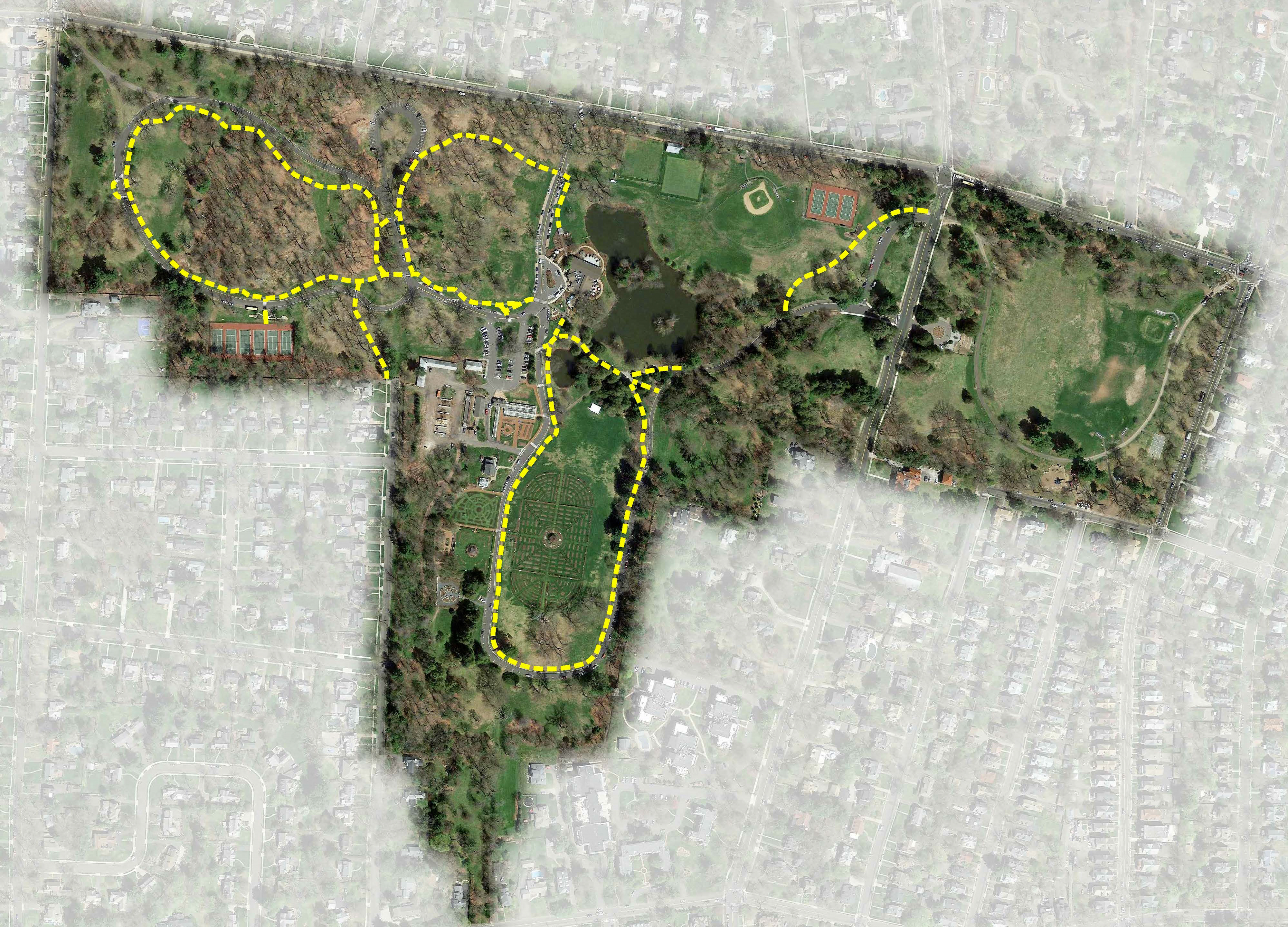
When FHI Studio was given this assignment, a coalition of park advocacy groups needed guidance on improving circulation. Two previous plans had been prepared; however, the groups needed help to reach a consensus. In addition, this park is listed on the National Register of Historic Places, so all work had to be approved by the CT Historical Commission. FHI Studio provided a plan that could be embraced by all stakeholders and implemented, which included an improved parking layout, new sidewalks, and handicap accessibility. This project was completed as part of an on-call contract with the City of Hartford.
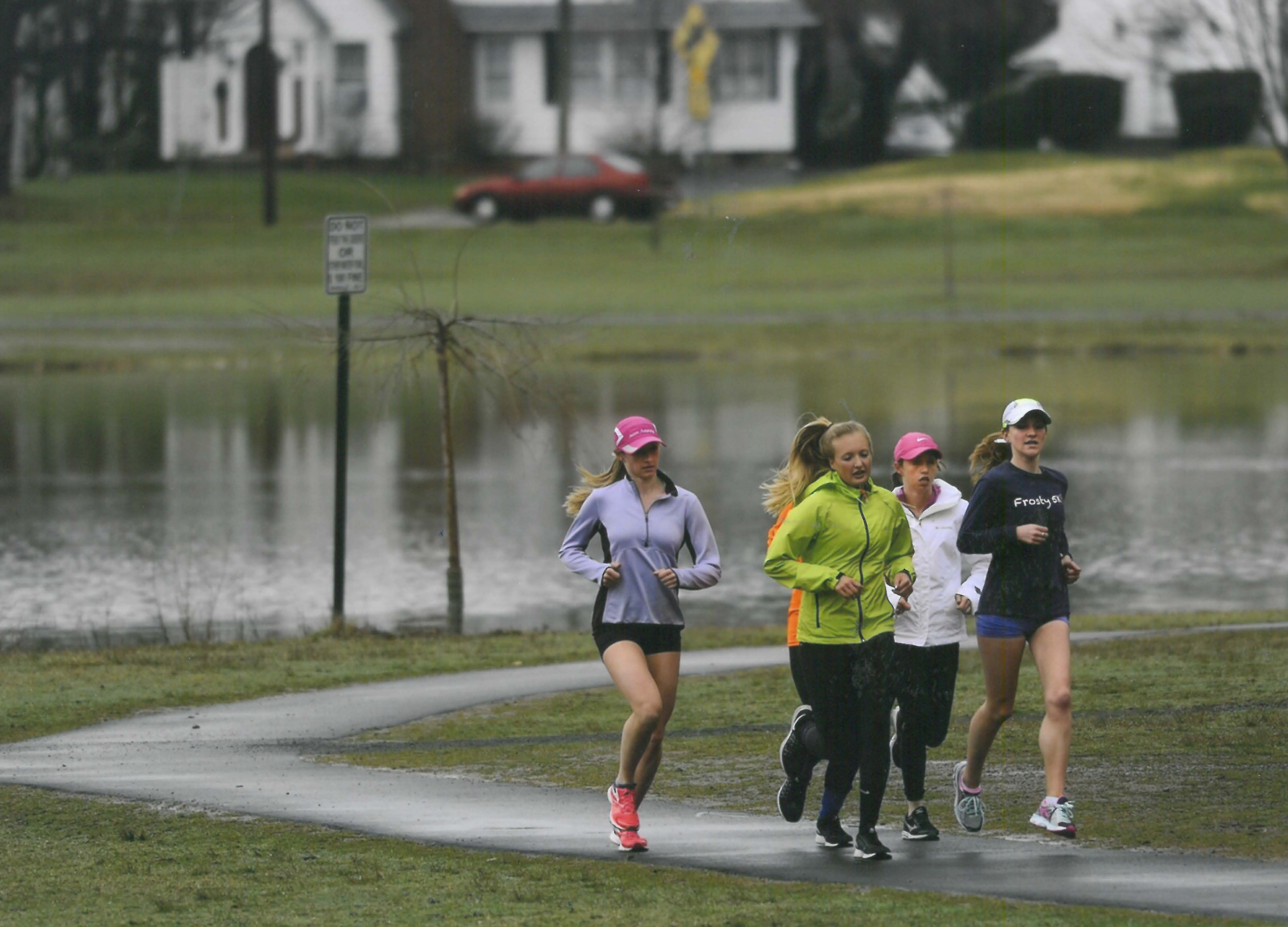
For the City of New Britain, CT parks department, FHI Studio provided design and technical services to reestablish a ½ mile-long trail system around the picturesque Stanley Quarter park pond. The trail was built to accommodate both walkers and bicyclists. Challenges included working with very erodible soils and providing accessibility along the route. Completed in 2015, the trail is popular with city residents for strolling, nature study, and exercise. The High School track team also frequently uses the facility.

